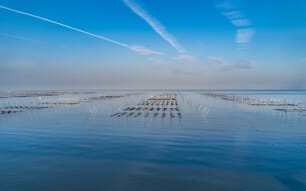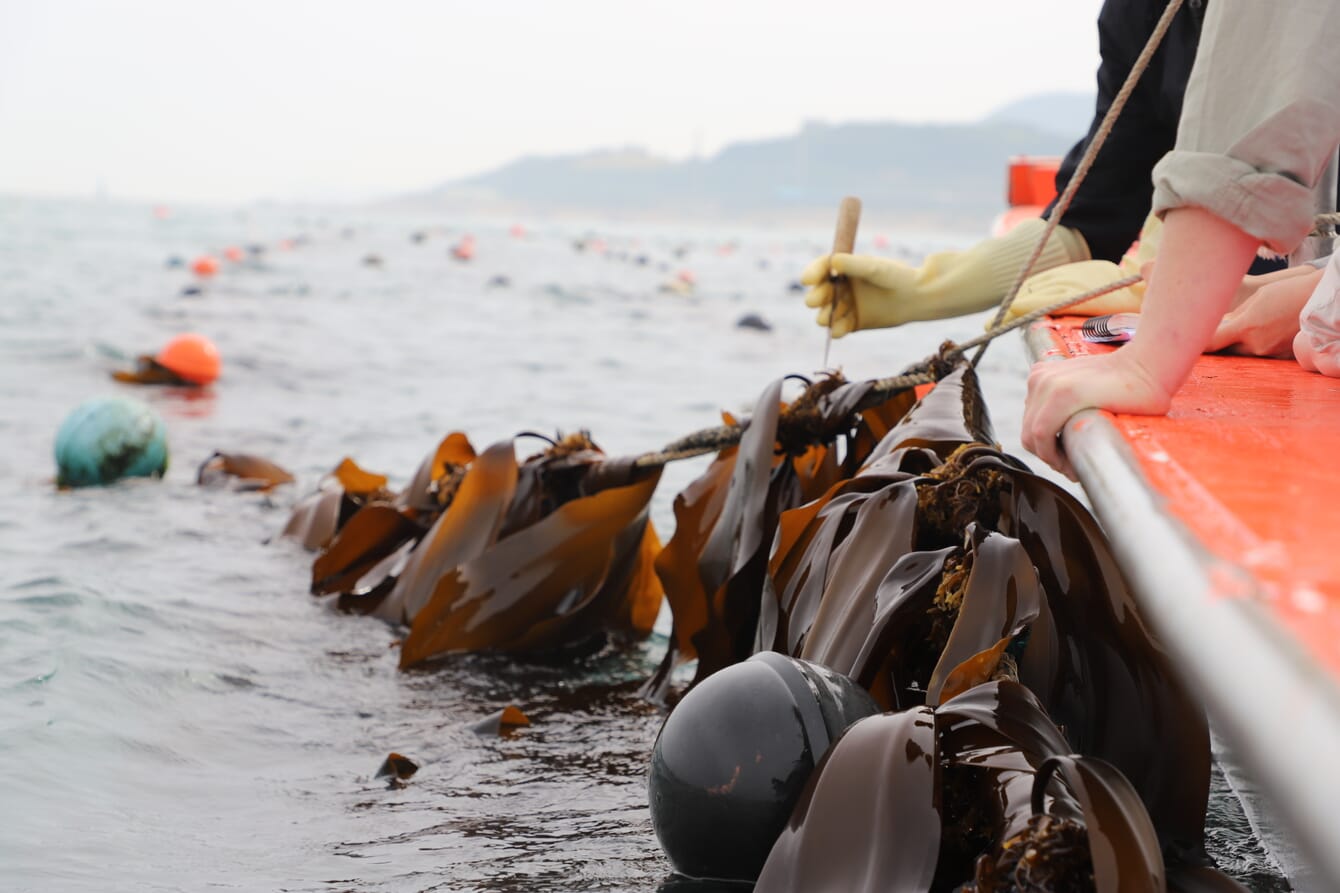
If not managed well disputes between potential seaweed farmers and other marine users can escalate into tense and even hostile confrontations
Fishermen, leisure interests and local politicians vociferously opposed the plans and the outcry led to the withdrawal of the licence application by Biome Algae.
The episode highlights the very real nature of the social licencing challenge still facing the seaweed sector in regions, such as the UK, where seaweed farming is still seen as a novel, and potentially unwelcome industry, despite the huge value it can create – both economically and environmentally.
The public attitude to seaweed was summed up by Cherilyn Mackrory, MP for Truro and Falmouth, who stated: “If approved, it would have proved disastrous, both for our fishermen, heavily reliant on inshore waters for their livelihoods, and for leisure and community use, with iconic events like the Portscatho Regatta taking place in these waters.”
Such conflicts are common in busy marine environments like the UK. If not managed well, these disputes between potential seaweed farmers and other marine users can escalate into tense and even hostile confrontations and the event serves as a stark reminder of perhaps the most significant challenge facing attempt to scale-up seaweed cultivation in emerging production hubs.
Thankfully, there are solutions. These include improved education and thoughtful site selection. It is also important that seaweed producers and processors form regional organisations that effectively represent their interests – groups such as the Scottish Seaweed Industry Association, England’s South West Aquaculture Network, and the Norwegian Seaweed Association – have all proved more effective than individual farmers and people are now realising that one unified voice better conveys the message than the voices of multiple independents.
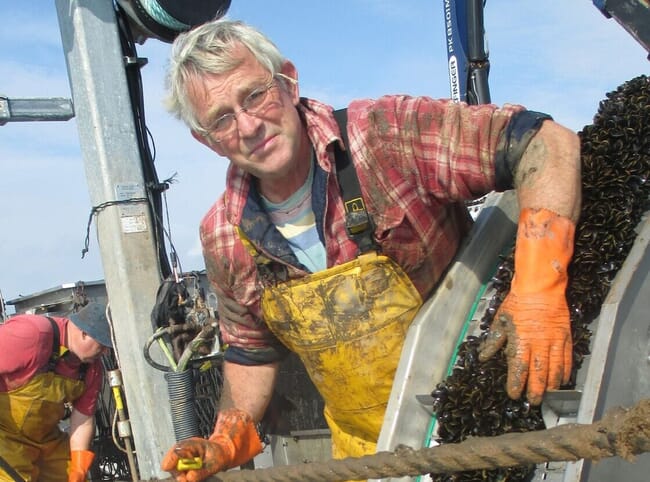
A pioneer of the UK’s offshore aquaculture sector, Holmyard regularly encounters people with good intentions but a limited grasp of the reality of attempting to work with either regulators or major corporations © Offshore Shellfish Ltd
Out of sight, out of mind?
Farming seaweed further offshore or, potentially, cultivating seaweed within the footprints of the country’s burgeoning offshore wind farm sector, have also been mooted as potential means for the seaweed sector to expand.
However, such concepts are not without their own challenges. This was recently underscored by John Holmyard, owner of Offshore Shellfish Ltd – the UK’s largest mussel producer – in a discussion with me.
John is the pioneer of the UK’s offshore aquaculture sector and, as a result, is regularly encountering people with good intentions but a limited grasp of the reality of attempting to work with either regulators or major corporations. In reality, he notes, it’s not so simple for producers of low trophic species, such as mussels or seaweeds, to operate within wind-farms.
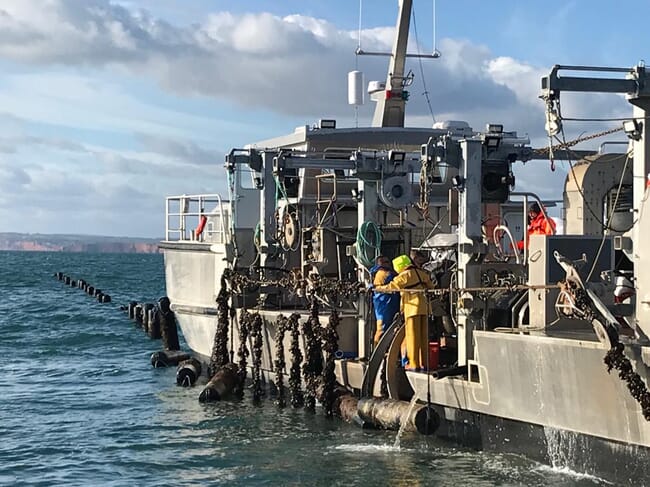
Apart from Offshore Shellfish Ltd in Lyme Bay, in the UK there are virtually no large scale low trophic aquaculture farms in exposed high energy areas © Offshore Shellfish Ltd
As he reflected: “There have been 20 years of promotion of co-cultivation with wind farms and everyone says what a great idea it is, yet there has been very little progress and no-one seems to be asking why it has not happened."
“The reasons are fairly simple, the low trophic aquaculture [LTA] industry mostly does not have the capital, or infrastructure, or scale of business, or defined markets for it to develop and the energy companies have no driving force to make them add LTA farms to their operations."
“There is a lack of understanding from the promoters of the idea who seem to assume that LTA can take place in any old bit of water when the reality is that it needs very specific conditions."
“In the UK, apart from ourselves in Lyme Bay, Offshore Shellfish Ltd, there are virtually no large scale LTA farms in exposed high energy conditions and none in areas with the added complications of co-location."
“We are very keen for the idea to become reality but until realistic technical knowledge and genuine economics are applied, we will be looking at attractive infographics and reading ‘what if’ articles for another 20 years.”
Looking ahead, I'm confident that low-trophic aquaculture organisations will better navigate these conflicts in the future. But it's more important than ever to involve communities in licencing conversations early on and advocate for science-led education and collaboration.
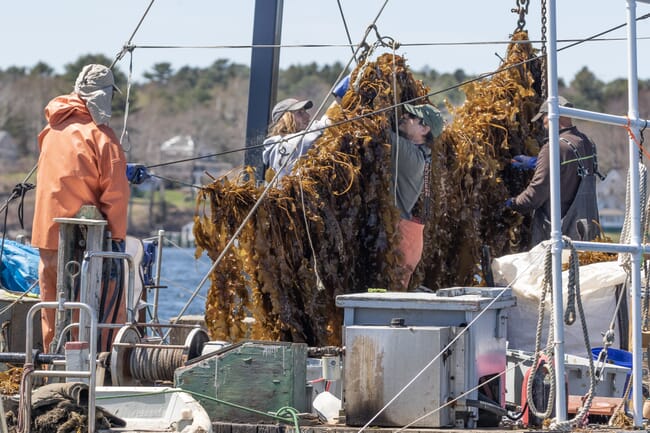
After a decade of uncertainty, the model adopted by Atlantic Sea Farms has been broadly accepted by the coastal fishing community in Maine © Atlantic Sea Farms
Education is key
It is abundantly clear that educating the public, including fishermen, on the value of seaweed farming, is vital to ensure that it gains acceptance.
As Professor Charlie Yarish from the University of Connecticut recently explained to me: "Ecosystem services can be broadly divided into four categories: provisioning services (biomass production), regulating services (eg production of oxygen and sequestering of carbon), supporting services (eg nutrient cycling), and cultural services."
“Throughout my career, communicating all of these with the public has been instrumental in providing a social licence to cultivate. The breadth of ecosystem services resonates very strongly with people and elevates the concept of farming - especially in Western countries like the US."
However, as seaweed farming remains a relatively nascent industry in the UK, it will take some more time before the benefits of the sector are conveyed to all marine stakeholders. And, in the meantime, given the stiff competition for the use of inshore waters, seaweed farming is likely to continue to meet opposition, even from those – like fishermen – for whom it could provide long-term gains in the forms of healthier fish stocks and a potential means to supplement their livelihoods.
Sceptics should look across the ocean, to where the model adopted by Atlantic Sea Farms has, after a decade of uncertainty, now been broadly accepted by the coastal fishing community.
The original version of this article was published in the Paxtier Report, sign up to the weekly newsletter here.

